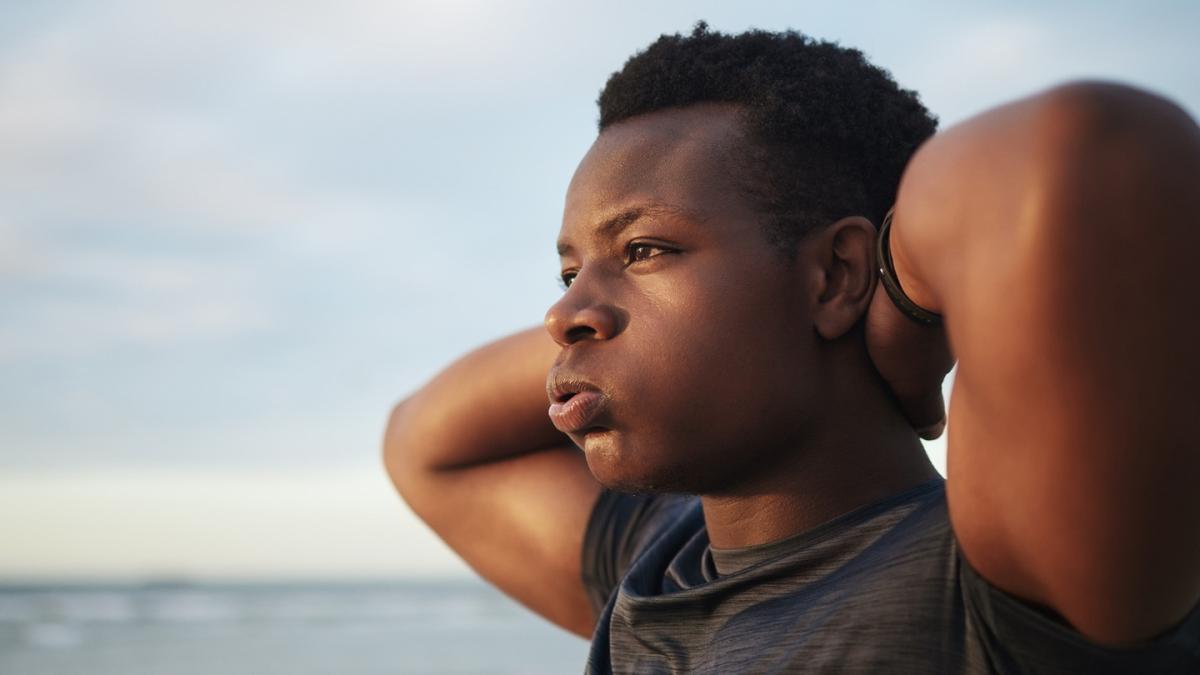Sport Psychology

In Florida State University’s Sport Psychology graduate programs, you will receive a solid understanding of theory and research as it relates to sport psychology.
Specifically, you will gain an understanding of the science of the psychology of athlete performance and welfare. You will also have opportunities to join research teams, build research skills, and, in our Sport Psychology Laboratory, learn to use technologies that support research projects in the field of sport psychology. Learn more about our Sport Psychology Laboratory here.
The rigorous training provided in the science of sport psychology enables our graduates to confidently enter employment in higher education and the sport and performance industries. Our former students work in universities all over the world and help support mental performance in a wide range of settings including college and professional sports and the military.
While the focus of our graduate programs is on the science of sport psychology, we also offer optional opportunities to apply this understanding by working with athletes to help them learn to use mental skills that enhance their performance and welfare. We have established links allowing hands-on experiences with clubs and teams operating at the recreational, youth, high school, college, and semi-professional levels in the local area. Mentorship is provided to students who are involved in applied work and seeking Certified Mental Performance Consultant (CMPC) status through the Association for Applied Sport Psychology (AASP).
Master’s students typically obtain 40-120 hours of direct contact hours with athletes over two years; 200 are required for CMPC certification. Students will also receive 30-40 hours of mentorship countable towards CMPC; 50 are required for CMPC certification. PhD students can expect to obtain more hours. Note that CMPC is a certification, not a license, meaning students are not able to use the title “sport psychologist” upon graduation.
Admission to graduate study is a two-fold evaluation process. The Office of Admissions determines eligibility for admission to the University, and the academic department, program, or college determines admissibility to the degree program. University graduate admissions requirements are found at https://gradschool.fsu.edu/admissions/graduate-admissions. Academic programs have additional requirements.
Florida State University requires a course-by-course credential evaluation for all applicants that have degrees from a non-U.S. institution. International and domestic applicants with degrees earned from international institutions must submit their official transcripts through a NACES approved evaluator for transcripts from a non-U.S. institution. SpanTran has created a custom application for Florida State University that will make sure you select the right kind of evaluation at a discounted rate. See the “Transcript Requirement” section on The Graduate School website, https://gradschool.fsu.edu/admissions/graduate-admissions, for detailed information on University transcript requirements for graduate admission.
In order to meet minimum program admission requirements, an applicant must have:
Florida State University
Office of Graduate Admissions
314 Westcott Building
P.O. Box 3061410
Tallahassee, FL 32306-1410
Application Deadline for Ph.D.: December 1st (Fall admission only). You have until midnight on the day of the deadline to submit your application and application fee. All required materials must be received by the deadline date.
Application Deadline for Master’s: January 15th (Fall admission only). You have until midnight on the day of the deadline to submit your application and application fee. All required materials must be received by the deadline date.
Sport psychology professionals may find themselves working with athletes at different levels such as youth, interscholastic, intercollegiate, amateur, and professional to enhance their performance and resolve sport-related problems. Graduates of our program have secured jobs in academia, university athletic departments, professional sport organizations, private practice, sport academies, and the military.
Click here to learn more about our Sport Psychology faculty!
Click here to find answers to frequently asked questions about our Sport Psychology program.